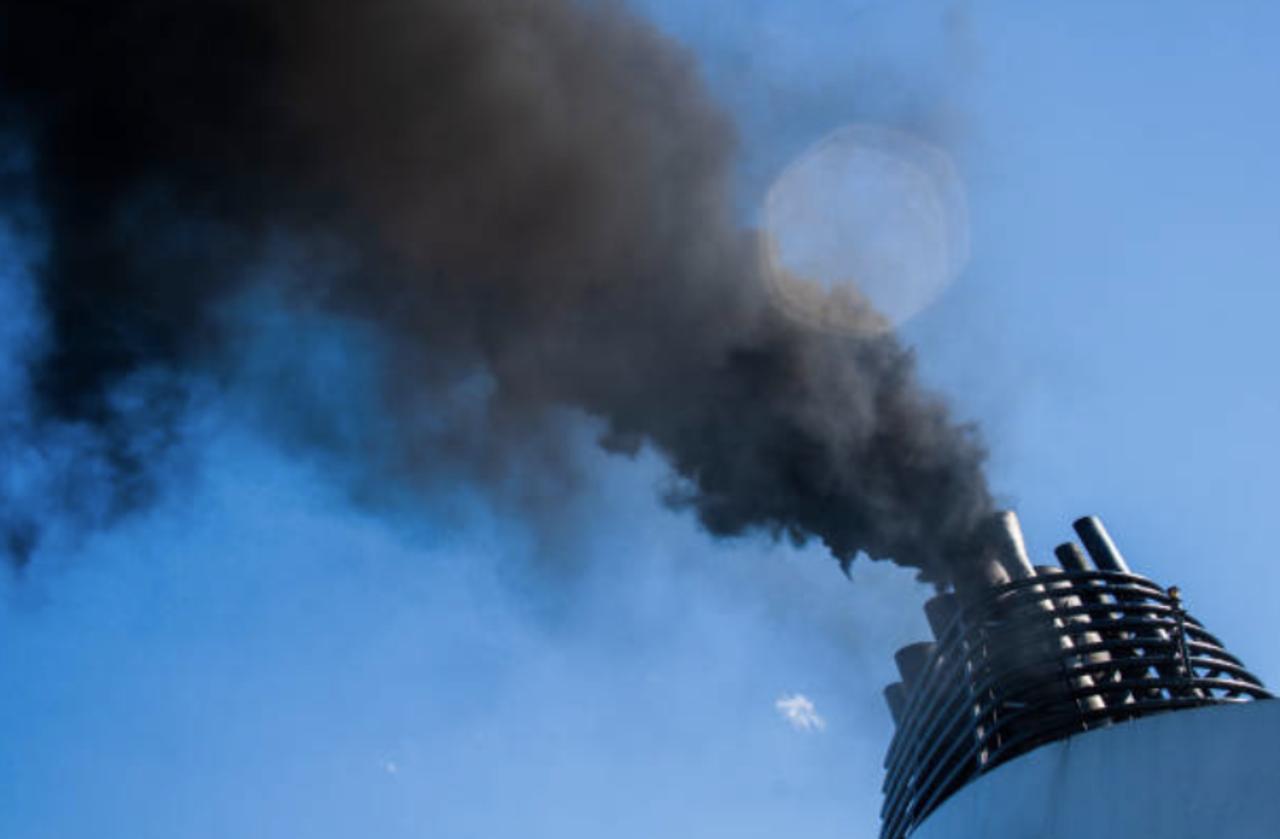
Biden Admin Moves , to Implement Further Restrictions , on Air Pollution.
Biden Admin Moves , to Implement Further Restrictions , on Air Pollution.
The new proposal was released on Jan.
6 and seeks to reduce the air pollutant known as soot by up to 25 percent.
The new proposal was released on Jan.
6 and seeks to reduce the air pollutant known as soot by up to 25 percent.
Also referred to as fine particulate matter, soot is known to be a deadly byproduct of industrial practices.
According to a 2018 study conducted by the Environmental Protection Agency (EPA), soot is disproportionately detrimental to the health of communities of color.
Our work to deliver clean, breathable air for everyone is a top priority at EPA, and this proposal will help ensure that all communities, , Michael Regan, EPA Administrator, via 'The New York Times'.
... especially the most vulnerable among us, are protected from exposure to harmful pollution, Michael Regan, EPA Administrator, via 'The New York Times'.
While some advocates for marginalized communities feel the administration needs to go further, others responded positively to the news.
[The] EPA’s proposal marks the start of changes that will have lasting impacts in communities all over, especially Black and brown communities, Dr. Doris Browne, National Medical Association Former President, via 'The New York Times'.
Members of professional health organizations derided the Trump administration for not taking similar steps.
The fact that the previous administration missed the opportunity to strengthen these standards meant that in the interim.., Laura Bender, American Lung Association Assistant VP, via 'The New York Times'.
... we saw people suffer the health impacts of these standards that should have been tightened, Laura Bender, American Lung Association Assistant VP, via 'The New York Times'.
Business groups stopped short of criticizing the new measures.
While it is important to continue making progress, , Chad Whiteman, U.S. Chamber of Commerce’s Global Energy Institute, via 'The New York Times'.
... further reducing particulate matter standards may lead to unintended consequences and hamper our ability to build badly needed infrastructure, Chad Whiteman, U.S. Chamber of Commerce’s Global Energy Institute, via 'The New York Times'
